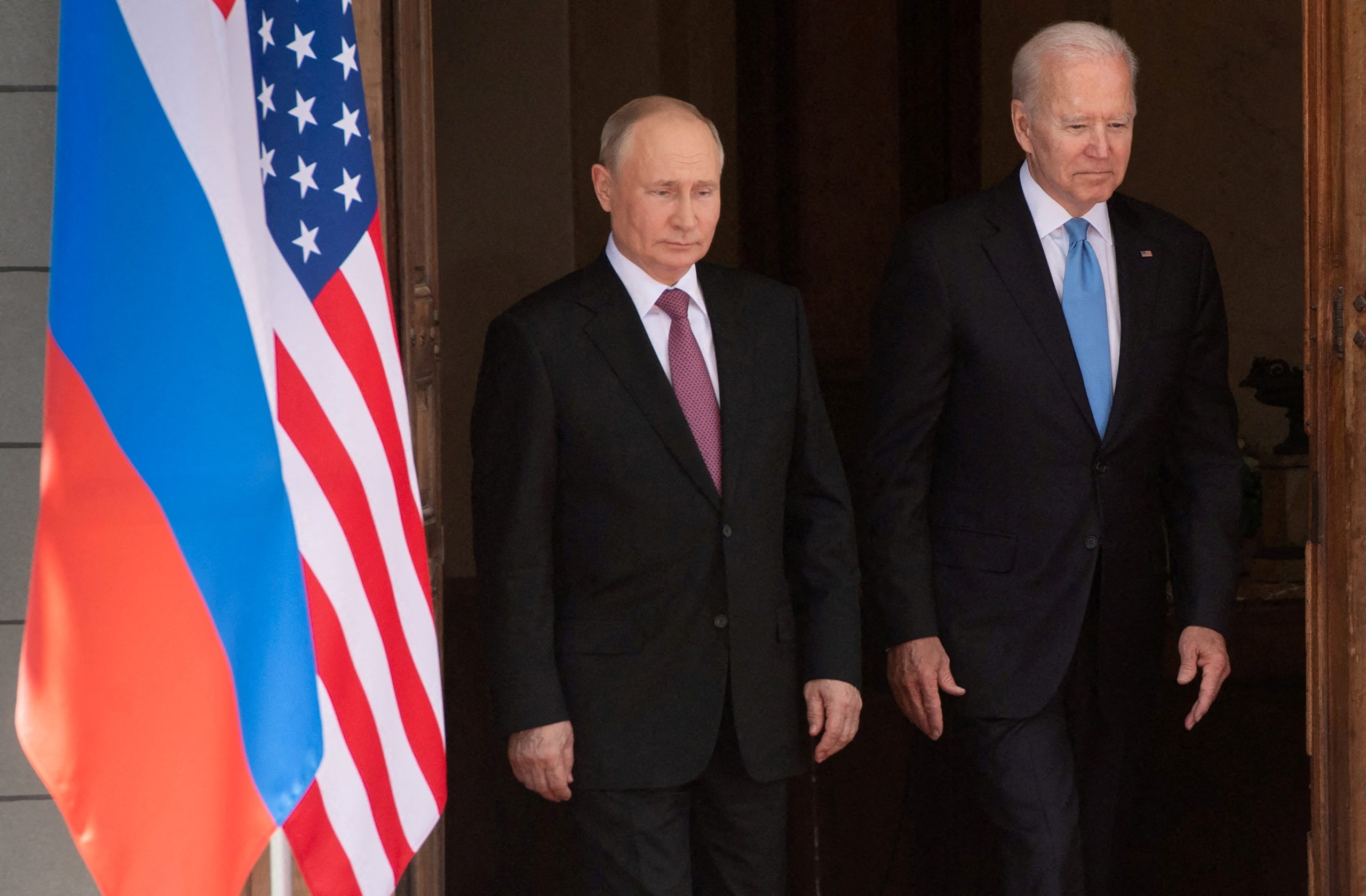Last fall, large troop movements were noticed in Eastern Europe where Vladimir Putin was moving thousands of troops along the Russian border with Ukraine. In the ensuing months, Russia has now established naval and army troops numbering around 130,000 soldiers, according to The New York Times. This conflict has the possibility of becoming Europe’s biggest conflict in nearly 30 years, impacting the lives of millions of civilians. For NYC, the city with both the largest Ukrainian and Russian American populations in the US, this issue is hitting especially close to home.
But why now? What caused this sudden flare-up in the region that has many analysts saying that war may be imminent? The Russian position on Ukraine is clear. On the surface it is a simple issue — Russia does not want Ukraine to move closer to the EU or possibly join NATO. NATO is the North Atlantic Treaty Organization, a coalition of nations made specifically to counter the Soviet Union in post-war Europe (1949). There are multiple factors guiding Russian motives. For strategic reasons, Ukraine is right on the Russian border and according to Queens College professor Katherine Antonova of the history department, the nation is a “‘soft underbelly of Russia’ — the most dangerous potential path of the invasion.” To Putin, the risk of Russia’s opponents having troops at Russia’s front door is a risk he is not willing to take.
The actions of Russia have also served as a warning to the world that Eastern Europe still remains under Russia’s influence. Putin repeatedly laments the fall of the Soviet Union when the state was one of the world’s two superpowers, saying in a 2005 speech that “The demise of the Soviet Union was the greatest geopolitical catastrophe of the 20th century.” Under Putin’s presidency, Russia has been aiming to regain the control it used to have over much of Europe.
QC professor Elissa Bemporad of the History Department says that this is an effort by Putin “to send a clear message to the West that this is our sphere of influence.”
According to QC professor Julie George of the Political Science Department, it became clear that some in Russia see Ukraine as “fundamentally a part of Russia.” Ukraine occupies an important place in Russian history. The origins of Russia stem from Kyiv, and the political elite of Russia yearn for reunification with the country.
The Ukrainian position is both based on material conditions and emotion. For one, a shift to the West will promise greater wealth for the nation, a key benefit to a country often ranked in the middle of European GDP. Entry into the European Union, along with the Schengen Area and the adoption of the Euro, are all factors that would greatly boost the economic standing of Ukraine. According to professor Bemporad, it became clear that, to many Ukrainians, there was also a strong emotional factor in their drifting away from Russia. A strong impulse against being under Russian control due to a history of Tsarist oppression and, later, Soviet oppression with the Holodomor — a genocide that sought to punish Ukrainian nationalism and left millions dead. To many in Ukraine a move toward joining the EU is a choice being made to assert their national agency.
In the past weeks, the tension of war has hung like a cloud over Eastern Europe, with citizens and diasporic nationals having grave concerns over the possibility of an open conflict. The conflict between Ukraine and Russia is one with an incredibly complex history and will be equally difficult to solve.











